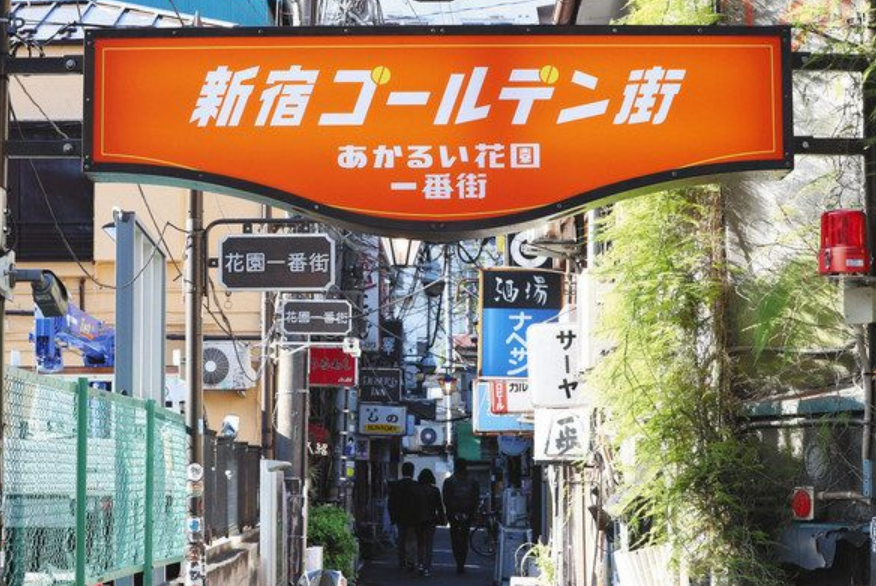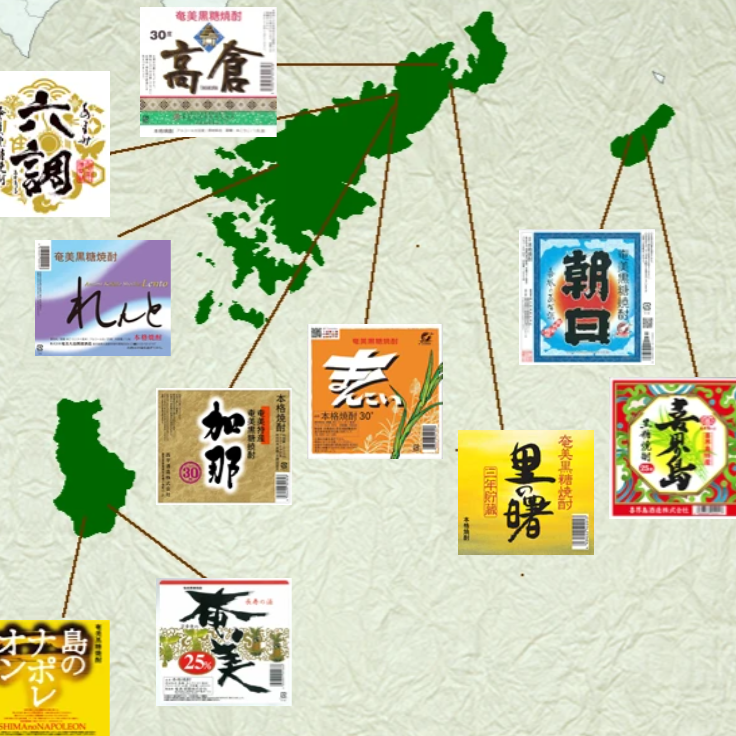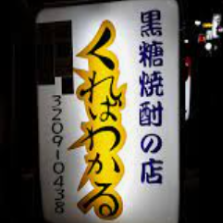In the heart of Shinjuku, there exists a remarkable pocket of nostalgia known as Golden Gai – a compact network of wooden buildings housing an astonishing 280 bars within a space no larger than a soccer field. This dense maze of establishments, tucked away in a corner of Kabukicho, represents one of Tokyo’s most intriguing drinking destinations.
Among these numerous establishments, one bar in particular has captured my heart: “Kureba Wakaru” (which charmingly translates to “Come and You’ll Understand”). Run by a mother-daughter duo from Amami Islands, this welcoming establishment occupies the second floor of one of Golden Gai’s characteristic buildings.
Golden Gai has long been a haven for artists, writers, and performers, creating an atmosphere distinctly different from typical salary worker haunts. Each visit offers the chance to encounter fascinating conversations and unique perspectives, making it more than just a place to drink – it’s a cultural experience.

What makes Kureba Wakaru special is its unmistakable warmth. The bar stocks an impressive selection of spirits, from Amami shochu to Scottish whisky, all at reasonable prices. But it’s the atmosphere that truly sets it apart. The mother-daughter proprietors create what I can only describe as the comfortable feeling of an “after-school classroom” – familiar, safe, and wonderfully nostalgic.
The bar’s dynamics shift throughout the evening as patrons come and go, sometimes creating lively discussions, other times offering peaceful moments of contemplation. Solo drinkers are particularly welcome here, and the ease with which strangers can engage in conversation is part of Golden Gai’s unique charm.
A special mention must be made of their signature spirit: Sato no Akebono (affectionately known as “Satoake”), a kokuto shochu from Amami’s Machida Distillery. This distinctive spirit, made from brown sugar and rice koji, represents the unique brewing traditions of the Amami Islands. Its crisp, refined taste belies its sweet origins, and the bar’s passion for this local spirit is evident in their extensive collection.
In these challenging times, places like Kureba Wakaru remind us of the importance of community. The mutual support between proprietors and regular customers, and their welcoming attitude toward newcomers, creates a healing space for those seeking connection in the city.
For anyone visiting Shinjuku when conditions improve, I strongly recommend venturing into Golden Gai and finding your way to Kureba Wakaru. As the name suggests, you’ll understand when you get there – and you might just find your own special corner of Tokyo in the process.

Between Kyushu and Okinawa lies the Amami Islands, a region renowned for its sugarcane cultivation. This natural abundance led to the creation of kokuto (brown sugar) shochu, a distinctive spirit that sets itself apart in Japan’s diverse alcohol landscape.
Unlike its cousins awamori and rum (which uses molasses), kokuto shochu is crafted directly from brown sugar and rice koji, earning its classification as a “honkaku shochu” (authentic shochu). Though less widely known than other Japanese spirits, it carries a unique heritage and craftsmanship.
At Kureba Wakaru, the star of their kokuto shochu selection is “Sato no Akebono” (affectionately known as “Satoake”) from Machida Distillery on Amami Oshima. The distinctive yellow bottles once filled the shelves of their first-floor establishment – a testament to their passion for Amami’s culture. Despite its sweet origins, Satoake offers a surprisingly crisp, refined taste profile.
The distillery has been pushing boundaries, producing oak-barrel aged varieties that have garnered international recognition, including awards at American spirits competitions. While the shochu market continues to expand with various brands, kokuto shochu remains a rare find. When in doubt, “Satoake!” is the perfect introduction to this unique island spirit.
The process of making kokuto shochu exemplifies the ingenuity of island distilling traditions, transforming local resources into a spirit that captures both place and craft in every sip.
Share via:
